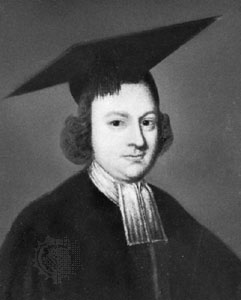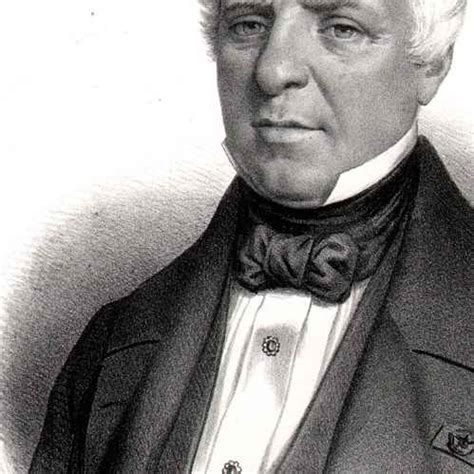A Quote by David Ruggles
A man is sometimes lost in a dust of his own raising.
Related Quotes
Science has grown frightfully audacious in these days -- swift-footed, ponderous, careering over her iron ways with unslacking pace. This rampant dragon, on which I am mounted, see how he bends his once stiff neck to his rider, champing his checked bit and pawing the dust, impatient to leap around the globe. Genius is prescient, foresees its own might. Man is striving through these iron-ribbed, steam-sped hippogriffs, to recover his lost ubiquity and omnipotence, and threatens soon to grasp in his ample palm, and fix with flaming eye-ball, the elemental forces!
[He] looked up and imagined the hand of God flinging stars like shining dust across the heavens. No. He was wrong to think such pagan thoughts, for God had only to utter a word and it was done. Only man had He shaped with His hands, using the dust He created to form His most precious and amazing creation. Only man was molded and loved into being, the breath of life in his lungs given by God.
No man is so foolish but may give another good counsel sometimes; and no man is so wise, but may easily err, if he will take no others counsel but his own. But very few men are wise by their own counsel; or learned by their own teaching. For he that was only taught by himself had a fool to his master.
Thus when a barber and a collier fight, The barber beats the luckless collier-white; The dusty collier heaves his ponderous sack, And big with vengeance beats the barber-black. In comes the brick-dust man, with grime o'erspread, And beats the collier and the barber-red: Black, red, and white in various clouds are tost, And in the dust they raise the combatants are lost.
Man, even man debased by the neocapitalism and pseudosocialism of our time, is a marvelous being because he sometimes speaks. Language is the mark, the sign, not of his fall but of his original innocence. Through the Word we may regain the lost kingdom and recover powers we possessed in the far-distant past.
We all get lost once in a while, sometimes by choice, sometimes due to forces beyond our control. When we learn what it is our soul needs to learn, the path presents itself. Sometimes we see the way out but wander further and deeper despite ourselves; the fear, the anger or the sadness preventing us returning. Sometimes we prefer to be lost and wandering, sometimes it's easier. Sometimes we find our own way out. But regardless, always, we are found.

































